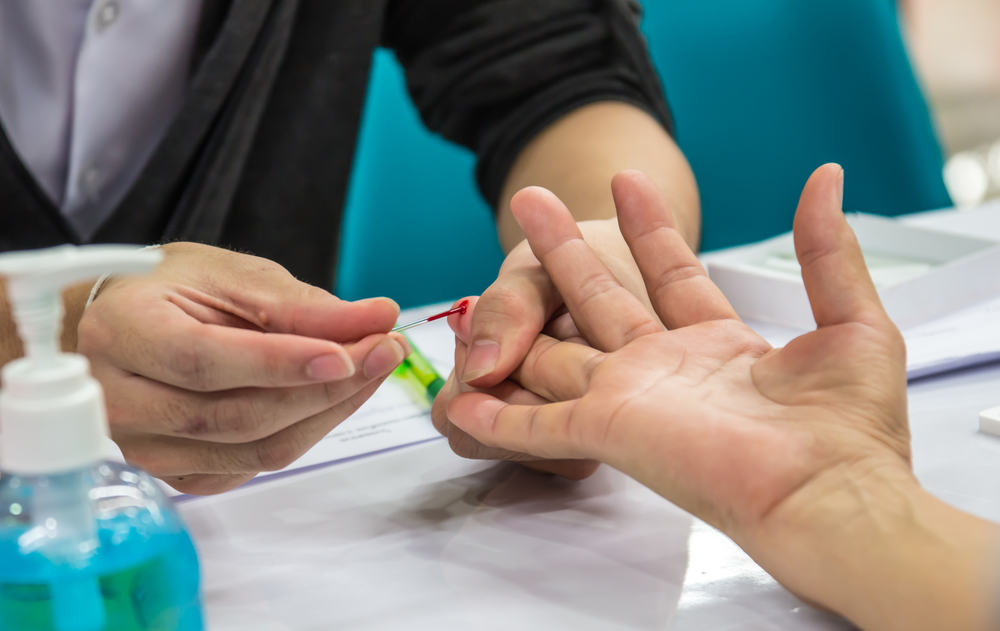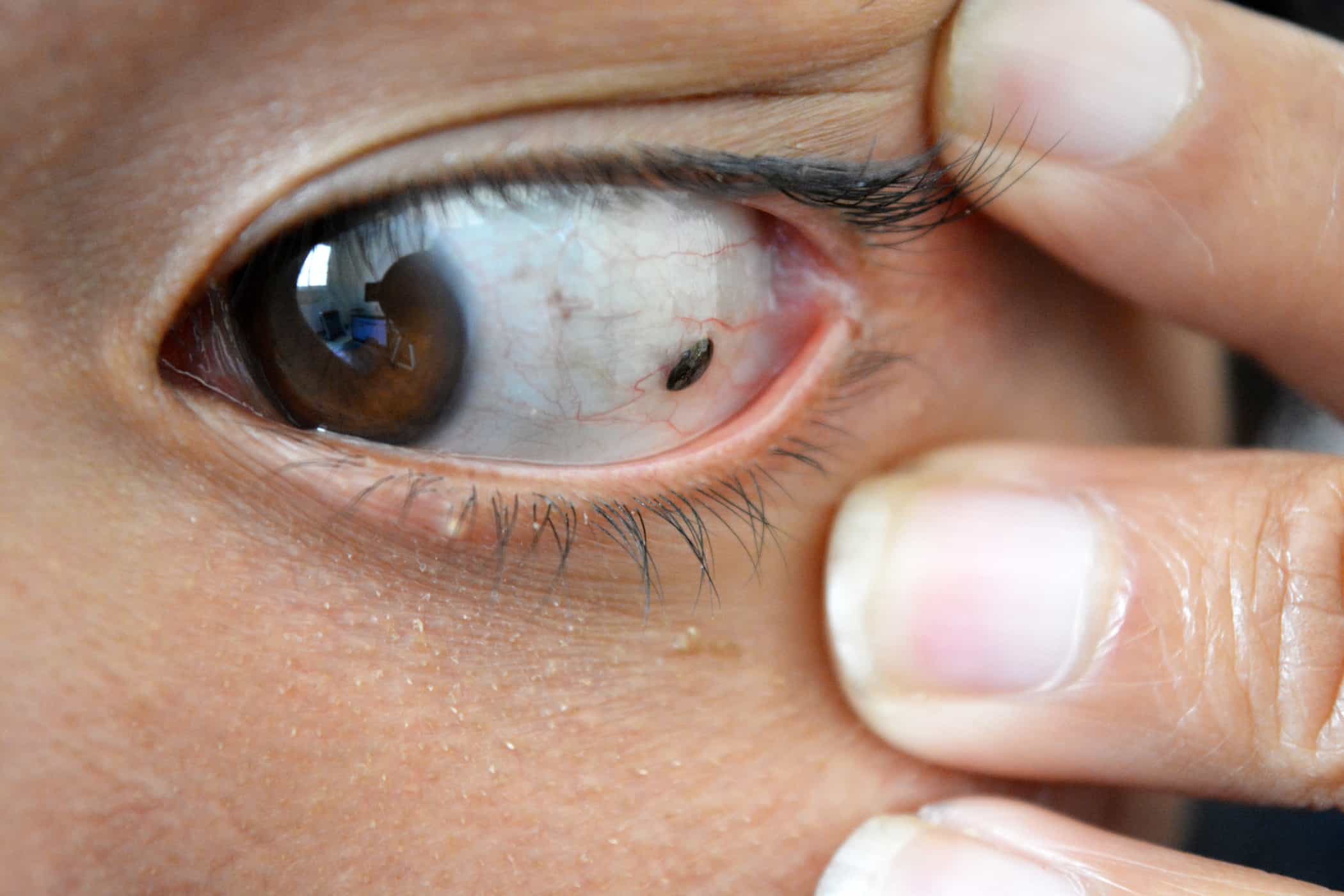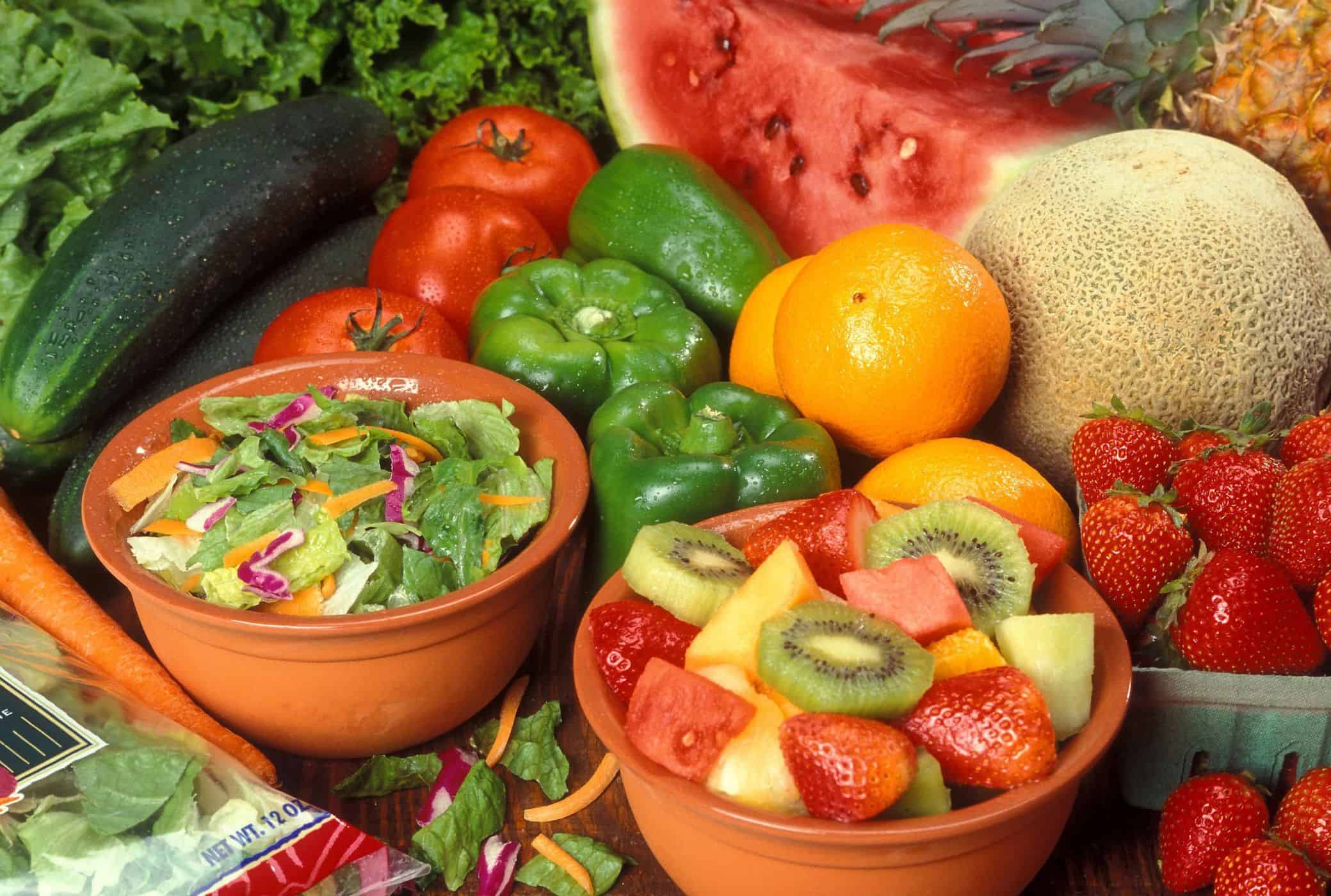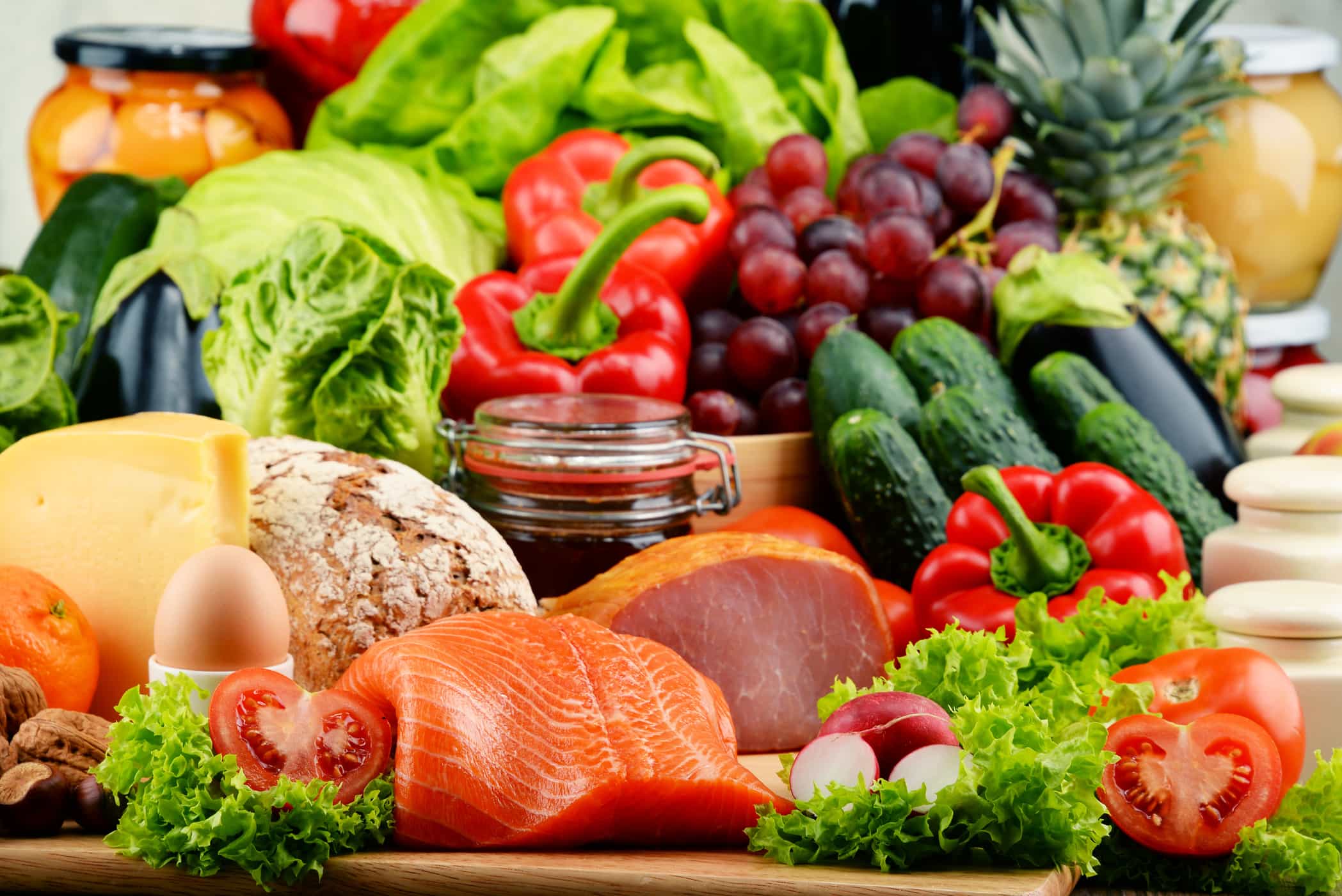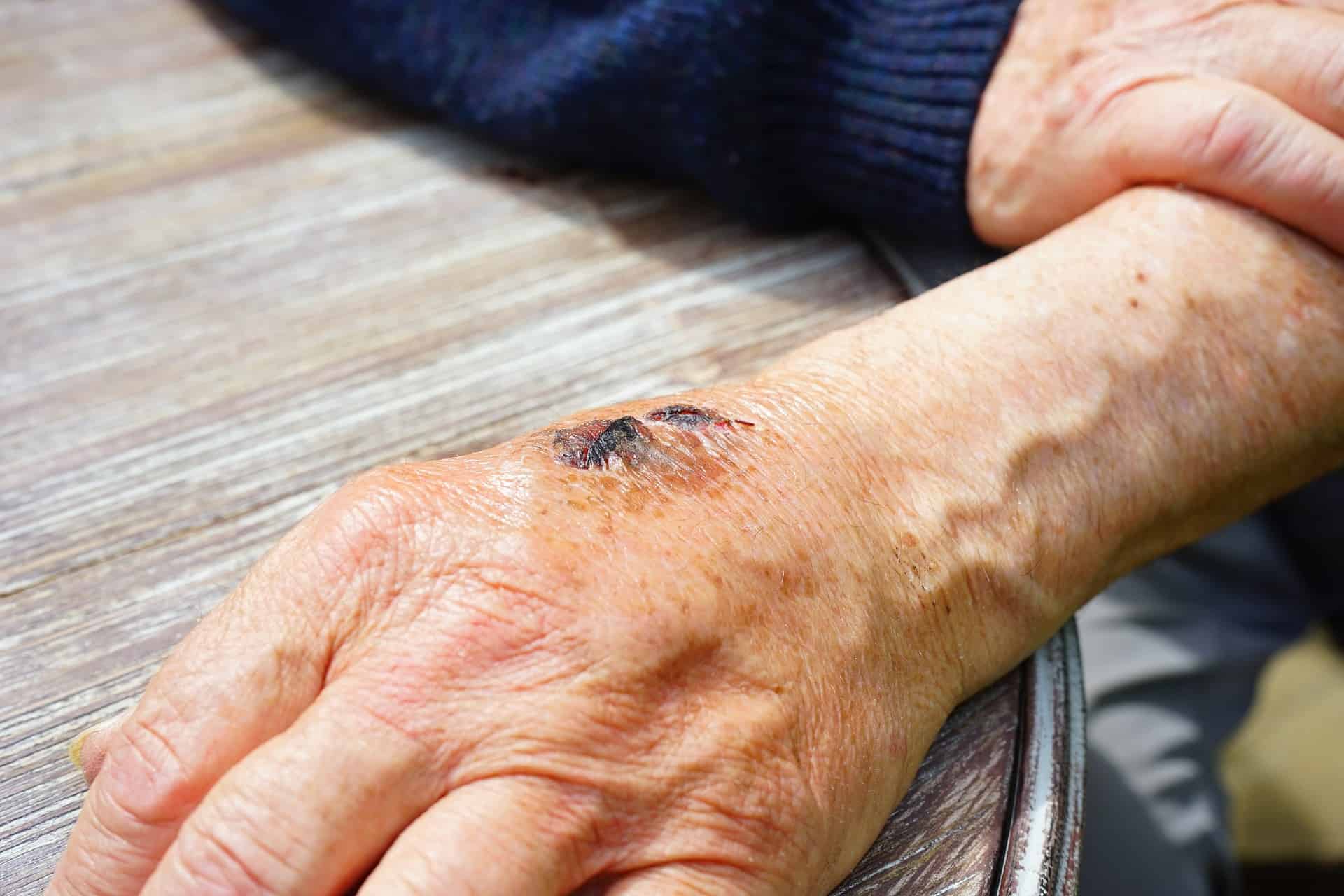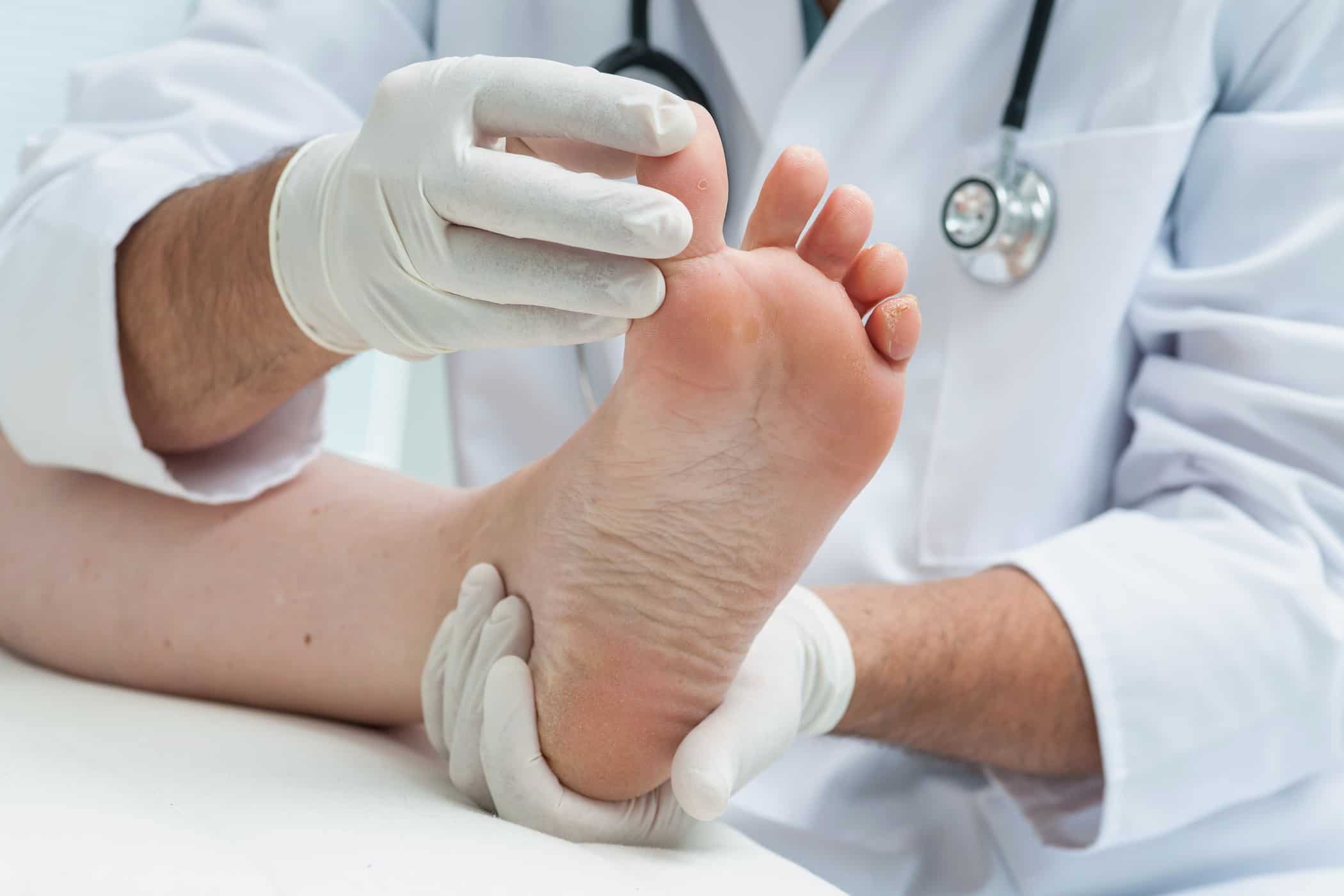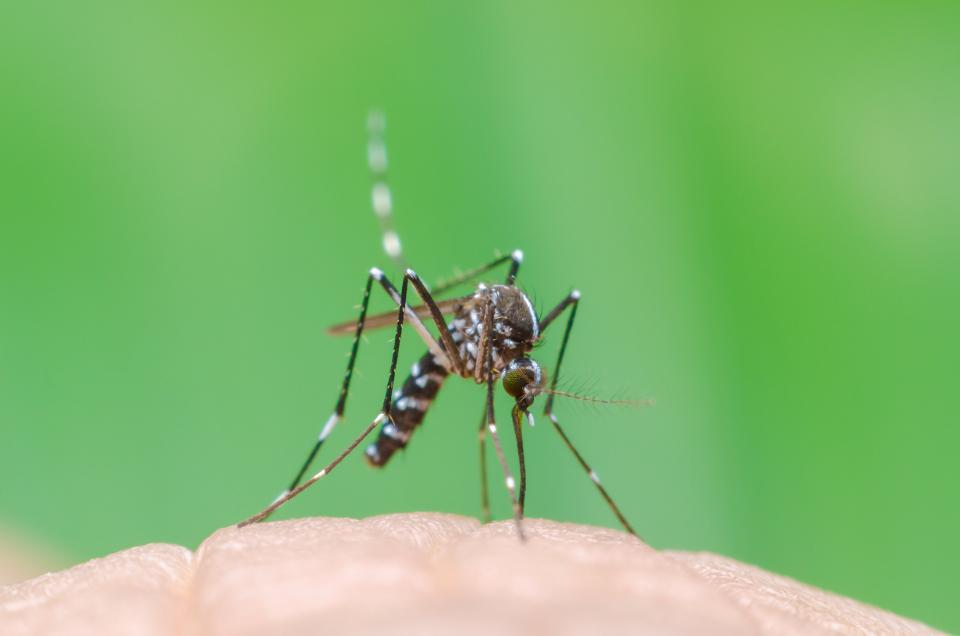Contents:
- Medical Video: Finding Familial High Cholesterol Before You Know You Have It
- Food only contributes to cholesterol production by 20 percent
- This genetic disorder can cause high cholesterol
- So, what is the normal cholesterol level in the body?
Medical Video: Finding Familial High Cholesterol Before You Know You Have It
Often accused of causing dangerous diseases such as heart attack, it turns out that cholesterol in the body is not only produced by unhealthy foods you eat, but also produced in your own body. In fact, some people do genetically have special abnormalities so that cholesterol levels are very high in the blood.
Food only contributes to cholesterol production by 20 percent
As reported by the site Harvard Medical Schoolfood turns out to only contribute to cholesterol by 20 percent, the rest is 80 percent produced by your own body.
Cholesterol in your body comes from two main sources. That is from the liver and from the food you consume. Especially foods that are high in trans fat levels such as packaged foods orjunk food.
So if you eat eggs with cholesterol levels of 200 to 300 mg of cholesterol a day, the liver will produce an additional cholesterol of 800 mg of fat, protein, and sugar.
One thing you need to know, actually cholesterol is needed by the body to help build new cells so that the body can continue to function normally. In addition, cholesterol also helps the body produce vitamin D, a number of hormones, and bile acids to digest fat.
This genetic disorder can cause high cholesterol
In the blood, cholesterol is carried by protein. Combined both are called lipoproteins. The two main types of lipoprotein are the low density lipoproteins (LDL) commonly referred to as bad cholesterol and high density lipoprotein (HDL) commonly called good cholesterol.
LDL or bad cholesterol is responsible for transporting cholesterol from the liver to cells in need. But if the amount of cholesterol in the body exceeds the need, it can settle on the walls of the arteries, accumulate, clog, thus eventually causing disease.
As opposed to LDL, HDL or good cholesterol is responsible for transporting cholesterol back into the liver. In the heart, cholesterol will be destroyed or released by the body through feces.
As reported by Healthline, some people actually have genes that make their liver produce high cholesterol although not eating foods that are high in saturated fat. According to expert observations, this occurs due to damage or disability on chromosome 19.
Because it is genetic, this disability can be inherited from parent to child. Children whose parents have 19 chromosome abnormalities are more than twice the risk of experiencing high cholesterol and other complications such as atherosclerosis.
So, what is the normal cholesterol level in the body?
You can find out cholesterol level in your body is normal or not from home total cholesterol. Total cholesterol is a combination of the amount of good cholesterol, bad cholesterol and triglycerides in every deciliter of blood. Usually, just looking at total cholesterol and HDL levels can already describe the general condition of your cholesterol levels.
However, if total cholesterol amounts to 200 mg / dL or more, or HDL is less than 40 mg / dL, you need to do a complete cholesterol check that includes LDL and triglycerides.
Cholesterol levels less than 200 mg / dL can still be tolerated or considered normal. However, if the number of cholesterol levels 200-239 mg / dL has entered the high threshold. If the amount reaches 240 mg / dL or more including high cholesterol levels.


